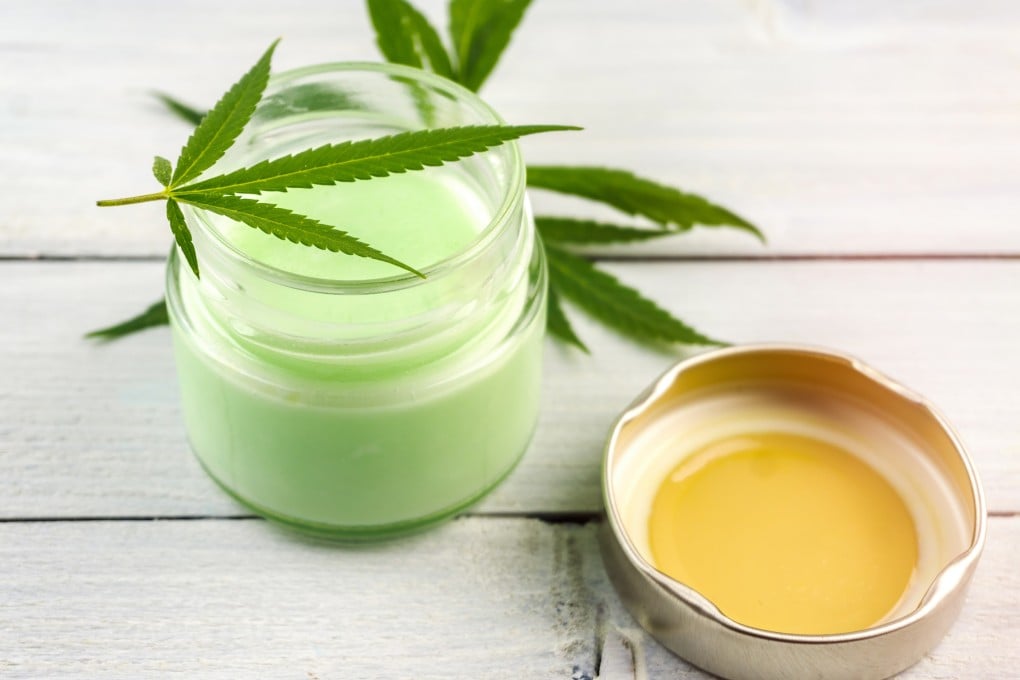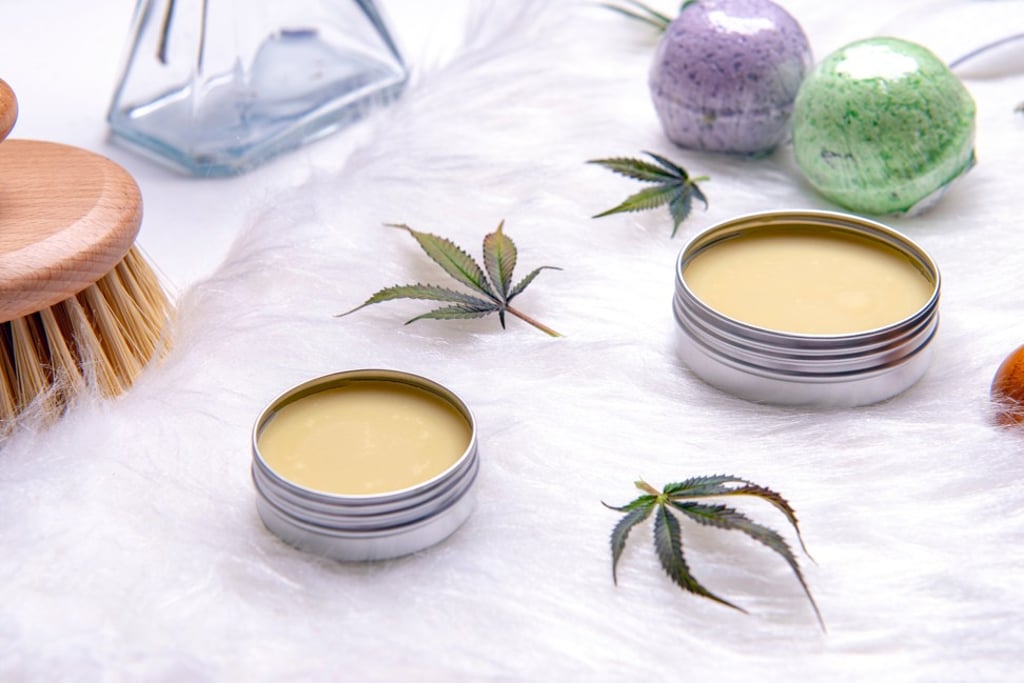CBD skincare: ‘sky is the limit’ for hemp extract’s use in US beauty and cosmetic industries after legalisation
- CBD eases tension and stiffness and relieves irritations, burns, and dermatitis. Expect to find it in sleeping masks, serums, after-sun care, and soaps in 2020
- Early movers have created a market worth US$400 million just this year, and earned celebrity endorsements from the likes of Oprah and Gwyneth Paltrow

It may not have reached Asia yet, but you’d have had to have been living under a rock to have missed the hype surrounding cannabidiol (CBD) and its influence on skincare.
Hemp-derived CBD has boosted skincare product development in the United States far beyond other markets, laying the groundwork for the exciting opportunities that lie ahead in the natural, plant-based beauty and cosmetics sector.
CBD is a non-psychoactive chemical found in cannabis and hemp. CBD oils extracted from industrial hemp have only trace amounts of the THC, or tetrahydrocannabinol, that results in the euphoria felt after smoking a joint.
“The CBD skincare segment is really fascinating,” says Bethany Edmunds, managing director at Brightfield Group, a predictive analytics and market research firm for the legal CBD and cannabis industries in the US. “We expect it to hit more than US$414 million in 2019 and that has been happening so quickly both because of demand from consumers and generalised awareness around CBD.”

Edmunds admits the US has got a massive head start in the North American CBD skincare market due to the Farm Bill of 2018, which removed hemp from the Controlled Substances Act and paved the way for legal cultivation, possession, sale and distribution of the hemp plant.
